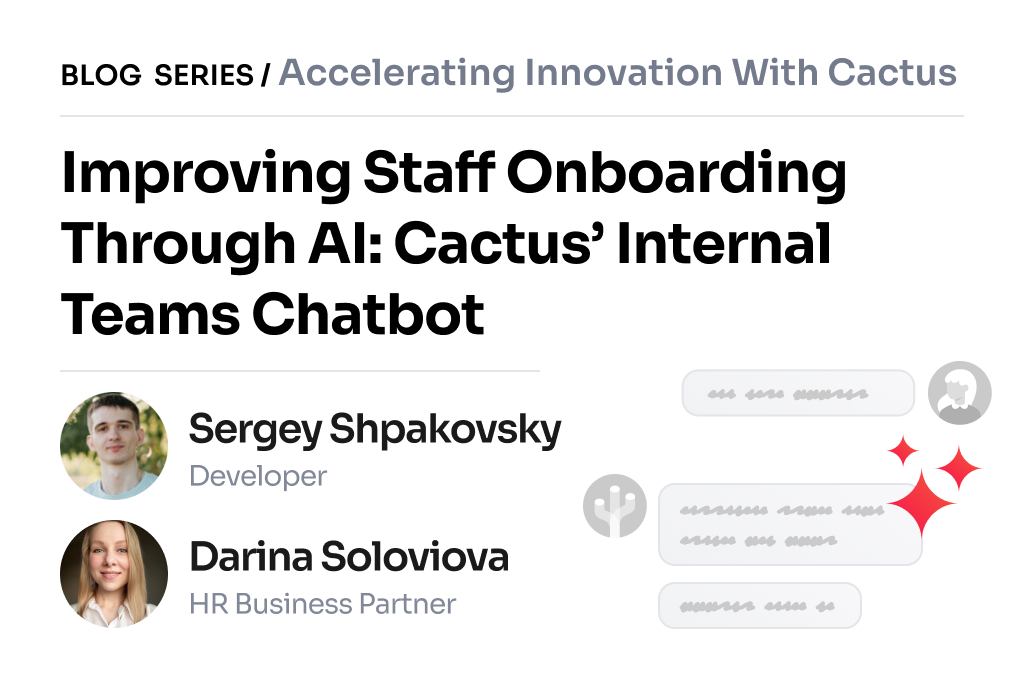As mobile app developers, we leverage cutting-edge technologies to create high-quality apps. Technology is fast upgrading. And anything that depends on technology is also undergoing rapid transformation. To prepare ourselves for this transformation, we must know what to expect from the mobile app development trends in 2020. Let’s see what these are.
1. Instant Apps
How many apps do you use each day? For most people, the answer is “not more than four or five”. But almost everyone’s phone has at least ten apps. Aren’t you tired of downloading so many applications? They do affect your phone’s memory, after all.
Most people install an app they seldom use instead of downloading and installing it again every time they want to use it! However, mobile phone users are becoming more careful about installing apps that they might not need often. Instant apps are thus a solution for businesses and their customers in 2020.
Like websites, there is no need to download instant apps. You can simply access them from the app stores. These are fast and do not use device memory.
The instant app runs directly on the cloud, so hosting costs are low. Cloud-based apps offer flexibility in storage capacity. As instant apps inherit all the advantages of cloud-based applications, you can expect increased collaboration, bigger databases, more reliability, high processing capacity, speed, security, and a lot more!

As a business, you don’t want your customers to uninstall your app. However, even if a customer doesn’t uninstall your app but just stops using it, you can no longer expect customer engagement, and ultimately your business loses a customer. So, build instant apps, and only effective ones that the customer is sure to use.
2. No-Code Development
Low-code development doesn’t require the developer to have extensive knowledge of coding. OutSystems, Appian, Google App Builder, and Kissflow are some of the low-code app development tools that will gain popularity in 2020.
No-code development goes a step further. It allows developers to build applications with little or no knowledge of coding. Simple drag-and-drop features enable you to create the apps you need. App development has never been easier with the GUI-based no-code development platforms such as Kissflow, Nintex, and Zoho Creator.
No-code development has many benefits, including quick and convenient modifications during or after app development. Moreover, although you do not need highly skilled developers, delivery is faster. To summarize, no-code development helps you save costs on so many resources. It thus gives a high RoI too.
There are obvious limitations to the features that you can build in apps with no-code development tools. For more control over development, it is good to choose low-code platforms. But for minimalistic requirements and simple apps, no-code development is ideal.

3. Support Wearables
Wearables are the top user trend of 2020. Devices such as smartwatches, fitness bands, trackers, and smart rings are very popular now, so need no introduction. As demand for apps for wearables is also increasing, these are expected to grow, not only in numbers but also in achieving user engagement.
What differentiates wearables from smartphones is that wearables are on the body of the user for longer periods, while smartphones are not always in physical contact with the user. Therefore, apps for wearables should have limited notifications and only selected but useful features.

The most popular wearables are utility devices. For example, health and fitness trackers are not for entertainment, so the speed of the app matters, along with its efficiency and reliability. Critical health data is recorded and stored by these apps. The confidentiality of this data is important for the user.
Another distinguishing feature of wearables is screen size. While mobile phones have larger screen sizes, wearables are generally very small devices. Apps designed for a wearable must therefore be user-friendly and allow a good user experience through a limited screen size. So, minimalistic designs and high security are some of the crucial features of apps for wearables.
In 2020, the trends will favor businesses able to make apps for wearable devices. For success, these apps should be compatible with different operating systems and devices.
4. Proactive Apps
While progressive apps dominated in 2019, 2020 is about moving on to the next level of customer experience with the use of proactive apps.
Proactive apps make use of predictive analytics to enhance user experience. For this, there is an increasing use of data mining and modeling. The data is analyzed, processed, and interpreted using ML and AI. These AI-assisted apps are better for customer profiling and segmentation. This further aids in providing a personalized customer experience.
The user has increased expectations, so apps are becoming increasingly feature-rich. However, this makes navigation complicated. Customers have to explore the app to find the one feature they are looking for. Proactive apps help customers search for the required feature easily. They track customer behavior, and suggest what to do next and how to do it; the customer doesn’t have to waste time exploring before seeking help.
Chatbots will also provide proactive customer interactions, often working as guides for customers even before they seek help.
5. 5G Influence on Technology
Trending technologies such as AR, VR, and AI make your apps smarter. However, to function effectively, these high-quality apps also require high-speed Internet connectivity.
In 2020, 5G will be widespread. Internet speeds will no longer prevent customers from exploring new apps, so more and more businesses will be encouraged to offer apps with AR, VR, ML, and AI integration.

This is obviously an opportunity for businesses that want to offer multi-featured apps to their customers. It is also, undeniably, a challenge, as your competitors are also anticipating the trend.
So, are you ready to meet the challenge? In 2020, build technology-assisted apps that are appreciated by your customers, and 5G will empower your growth further!
Wrapping Up!
Mobile app development trends are ever-changing. To survive in the competitive market, you must follow them. So this article lists the top trends that will dominate mobile app development in 2020.
Undoubtedly 2020 will bring a lot more surprises in mobile app development. The top mobile app developers are prepared to embrace the opportunities and face the challenges. Wait and watch!

Jin Markov is a content writer with GoodFirms, a research firm in the USA.
You can contact Jim via [email protected]






